It was a bit ironic that on May Day 2014, (International Workers’ Day) the juggernaut that had been hovering over us for weeks like some unidentified and threatening UFO, finally landed. The Australian Government’s long-awaited Commission of Audit into the economy burst into our consciousness, setting off a series of explosions that are still racing across the nation like an out of control grass fire. Some prominent economists like Saul Eslake, Chief Economist with Bank of America Merrill Lynch, have even questioned the very premise of a budget crisis and a number of the Commission’s recommendations are predictably worrying: the potential for winding back our universal health system; the lowering of the minimum wage; cuts to socially progressive programs and allowing Medicare, pension and family payments to be run for profit by private companies. Other attacks on socially progressive programs are only gradually being revealed.
I hadn’t been paying attention to the backgrounds of the members of this Commission until yesterday but now believe this is something to focus on.
The Commission’s Chair is Tony Shepherd, President of the Business Council of Australia since late 2011 and chairman of listed company Transfield Services since 2005. (It so happens that today he questioned the necessity of people visiting their GPs so often!)
Peter Boxall who was the Secretary of the Department of Resources, Energy and Tourism, the Department of Employment and Workplace Relations, and before that the Department of Finance and Administration.
Tony Cole is a former Treasury Secretary, previously Deputy Secretary to the Department of Prime Minister and Cabinet and Alternate Executive Director to the World Bank. He is National Practice Leader of William M. Mercer’s Investment Consulting practice, and Chairman of the Melbourne Institute Economic Forums.
Robert Fisher is a former Director-General of the Western Australian Departments of Industrial and Regional Development, of Trade and of Family and Children’s Services. He was also the Executive Director of the Western Australian Department of State Development and the Agent-General for Western Australia in London.
Amanda Vanstone served as a Minister in the Howard Government from 1996 until 2007, including seven and a half years as a cabinet minister.
The Commission’s Secretariat was headed up by Peter Crone, currently the Chief Economist and Director of Policy at the Business Council of Australia and has served as an adviser for both State and Federal Governments.
Perhaps these Commissioners are all eminently qualified in the fields of hard-line economics and bureaucracy, very much proponents of economic rationalism, which I would argue is the very sort of economic bias that led us by the nose into the Global Financial Crisis of 2007-2008. What is missing from their uncompromising analysis of Australian well-being and progress is a different understanding of national wealth, namely a social capital, which is defined by the OECD as “networks together with shared norms, values and understandings that facilitate co-operation within or among groups.” Theirs is a very restrictive ‘balancing-the-books’ view of Australian society and it is not the only approach.
As early as 1995 our own Eva Cox, co-founder of the Women’s Economic Think Tank, gave a series of Boyer lectures in which she posited that we are social not mere economic beings. In those lectures she argued that: “the dominant ideas of competition and deregulation of markets, and the attacks on the redistributive roles of government are not only dysfunctional but positively dangerous. They are part of an oversimplified dogma which can destroy a truly civil society in pursuit of a cashed-up individual.”
Almost 20 years since her warning, this “dysfunctional” and “dangerous” policy has reappeared as the countenance of the Commission of Audit.
Civil society is far more than economics and a blinkered view of us as mere economic entities fails to take into account our ‘common wealth’, the potential wealth inherent in individuals and communities. A government that concentrates only on balancing the books is indeed “dysfunctional” and “dangerous”. The announcement in April that the Government will spend $12 billion for 58 Joint Strike Fighters because our Prime Minister says creepily that “you never know what’s around the corner” is an obscenity. It’s an obscenity when we learn that unemployment in Australia has, according to the Bureau of Statistics, reached an average of 12.4 per cent for young people between the ages of 15 and 24 in the year to January 2014. In some areas of the country it has reached more than 20%. Surely when we think about our ‘common wealth’ we must make priorities and the ‘wealth’ inherent in our young people is a greater form of capital than prioritizing the budget back into the black.
The direction and priorities of the current government and the potential loss of socially progressive programs, now given substantial economic basis by a specially selected group of economic rationalists, is a worrying development for those of us who would rather prioritise the ‘common wealth’ of individuals and communities now threatened by these nice men in black suits and their neatly balanced budgets.



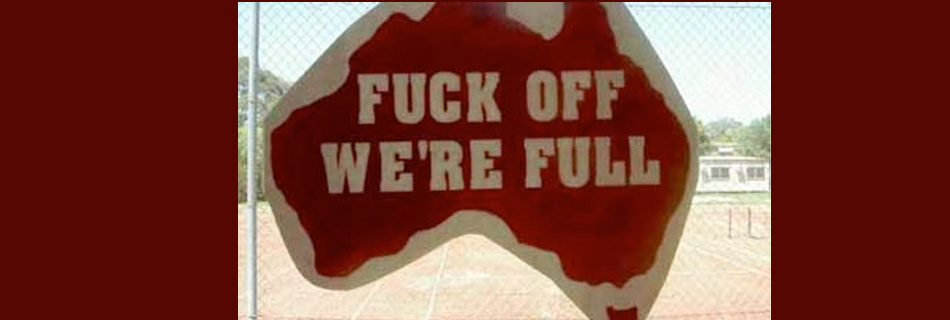


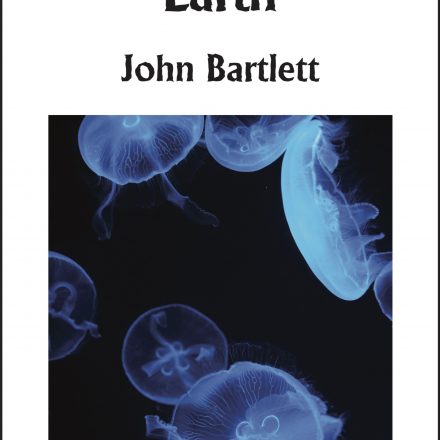
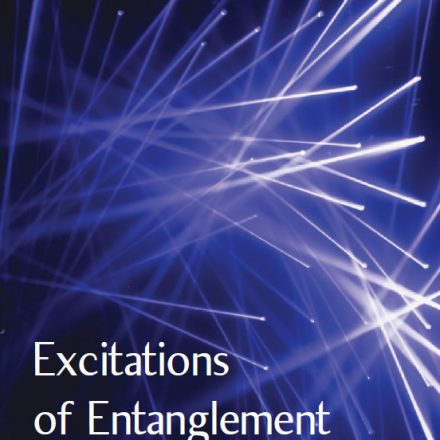

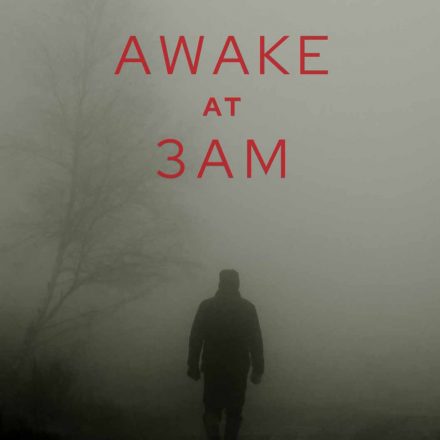
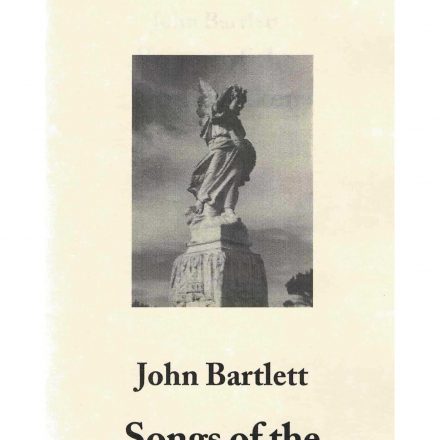


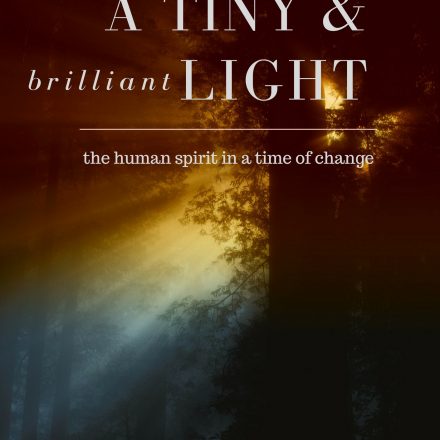




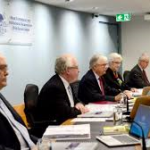






Just got around to reading this. It’s really well put, Thankyou. I’ve just shared it on Facebook
Superb article, John. Have you submitted it to The Age or SMH? It’s worth a shot, I think.